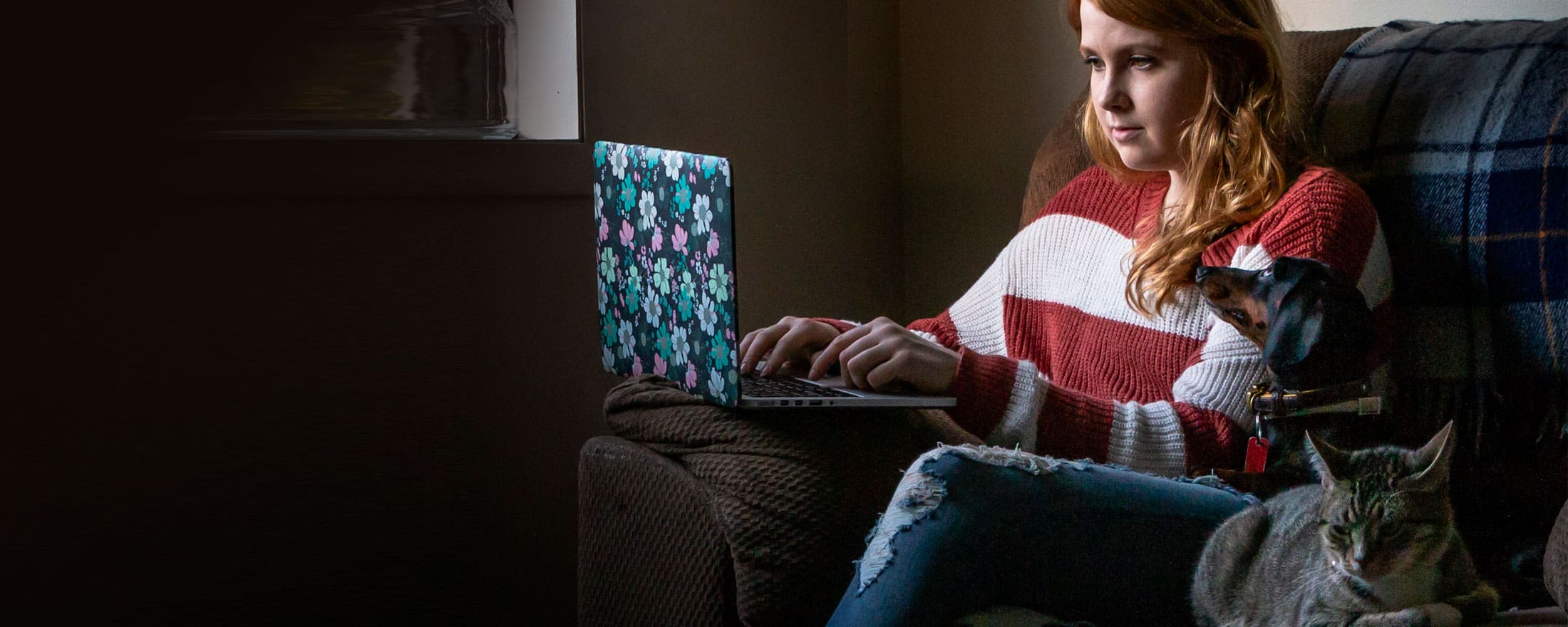
20 Feb Root Canal Therapy for Dogs and Cats
Is Root Canal Therapy a Treatment Option for Your Dog or Cat?
Many dogs and cats suffer from fractured teeth. These painful dental injuries have many potential causes. Dogs are often given chew toys and bones that are far too hard for their teeth and result in fractures. Cats can fracture teeth from playing or fighting with other cats or in self-defense when attacked by another animal.
Tooth fractures may be superficial and only fracture enamel and expose underlying dentin. However, many fractured teeth will be severe enough to expose pulp in the center of the tooth. Fractured teeth with dentin exposure can still lead to infection of the pulp if the dentin is not able to seal and protect itself in time. Fractured teeth that expose pulp directly are always infected and lead to some form of an abscessed tooth.
Some teeth can become non-vital (dead) where the pulp for various different reasons has died. Blunt trauma is probably the most common cause and can result in a condition called irreversible pulpitis. In simpler terms, the pulp essentially suffers a severe “bruise” that permanently damages its rich supply of blood vessels.
How does “bruising” occur?
Dogs often “bruise” a tooth’s pulp by biting down on hard objects, such as bones or exceedingly hard chew toys. While the pulp may not be infected, since it is not exposed from a fracture, it is nonetheless dead and a source of pain due to secondary inflammation. Often the only sign of a non-vital tooth is discoloration of the visible crown. The discoloration may be red, purple or even “potato” grey.
All fractured and discolored teeth are painful to one degree or another and should be evaluated by a veterinarian with an oral examination and dental radiographs under anesthesia.
What are the treatment options for fractured and/or discolored teeth?
A fractured tooth that does not expose pulp can often be treated with odontoplasty (smoothing the fracture site) and sealing with a bonding agent and restorative resin material, provided it has a normal dental radiograph. A tooth that is discolored or is fractured with pulp exposure should always be treated with either root canal therapy or surgical extraction.
Why is root canal therapy often the best treatment option for fractured or discolored teeth?
Many teeth that end up becoming fractured or discolored are what we call strategically important. The canine (fangs) and carnassial teeth (upper 4th premolars and lower 1st molars) are considered strategic teeth. They play a paramount role in chewing and picking up food and toys. Root canal procedures can be performed on most teeth, but are most often elected for these strategically important members of a pet’s dentition.
Surgical extraction of strategic teeth, on the other hand, is also an option. It is certainly better than leaving the tooth untreated. However, it is often challenging and not free of potential complications. I always stress to my clients that “extractions are forever.” The tooth is not going to grow back and the pet will lose the function of this tooth permanently.
The beauty of a root canal procedure is that it allows the pet to keep the tooth without having to have a surgical extraction. Much, if not all, of the structure and function of the tooth remains and the recovery process is minimal.
What does root canal therapy entail?
Root canal therapy involves removing the infected and painful pulp and disinfecting the entire pulp canal. The space is then filled with a dental filling and sealing material followed by a composite restoration. This removes the source of pain and infection and deprives bacteria and inflammation of a place to grow.
In my opinion, root canal procedures should only be performed by board-certified veterinary dentists or trained residents working under the supervision of a boarded veterinary dentist. Becoming proficient at root canal therapy requires extensive training. These procedures are some of the more detailed and nuanced surgeries we perform, but carry an excellent prognosis and almost always last the lifetime of the dog or cat.
If you live in Colorado Springs, Castle Pines or Loveland, Colorado and have questions about root canal treatment options for your pet, please call Animal Dental Care and Oral Surgery at (719) 536-9949 or visit our website for more information.


